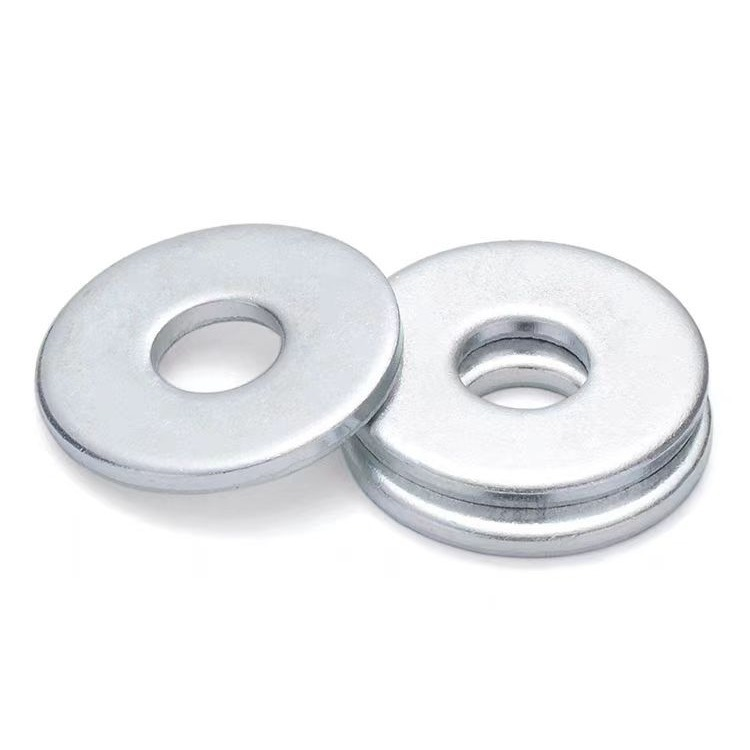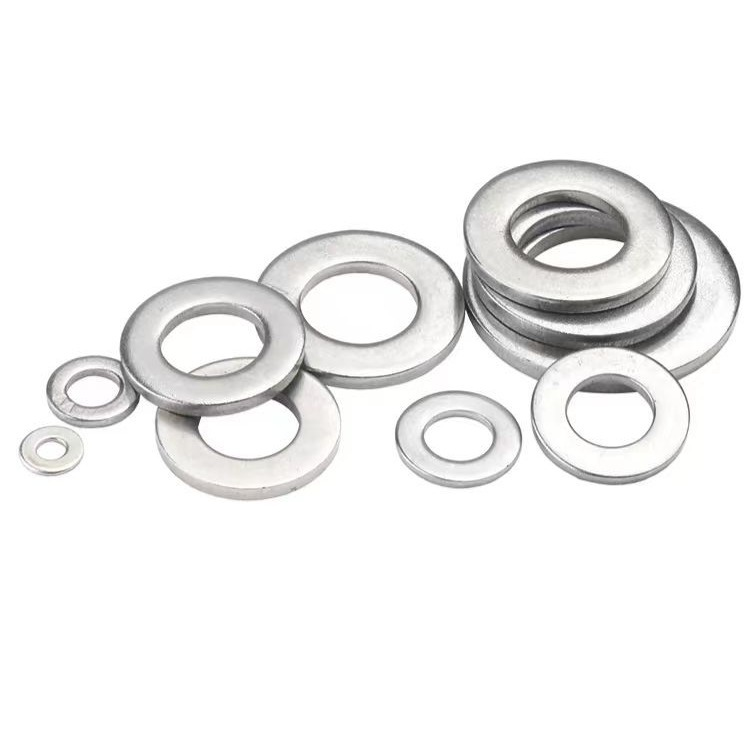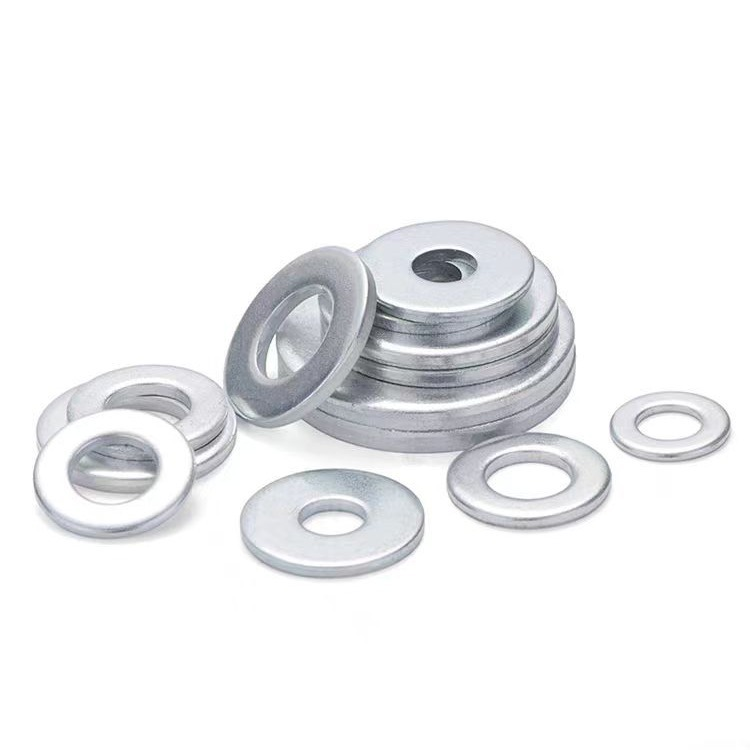flat washer
A flat washer is a thin, flat disk with a hole in the center, serving as an essential mechanical component in various assembly applications. These simple yet crucial elements distribute the load of a threaded fastener, protecting the surface material from damage during installation and operation. Flat washers are manufactured from diverse materials including stainless steel, carbon steel, brass, and various plastics, each suited to specific environmental conditions and applications. The primary function involves creating a smooth bearing surface between the bolt head or nut and the surface of the assembled parts, preventing damage to the material surface and ensuring even pressure distribution. These washers also help maintain proper tension in bolted assemblies by providing a stable platform for the fastener head or nut. In precision engineering applications, flat washers can be used to adjust the height or spacing between components, acting as spacers or shims. Their standardized dimensions, including outer diameter, inner diameter, and thickness, make them highly versatile for use across industries ranging from automotive and construction to electronics and aerospace. Modern manufacturing processes ensure consistent quality and precise tolerances, making flat washers reliable components in both industrial and consumer applications.


